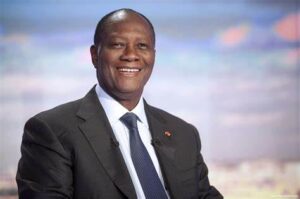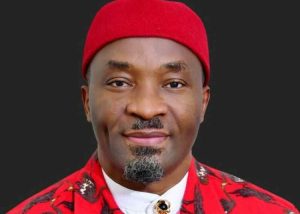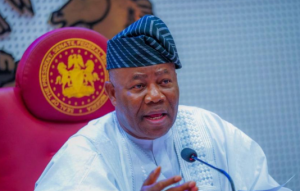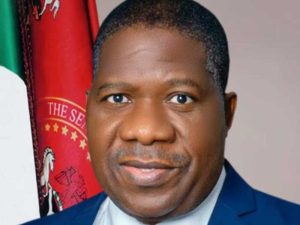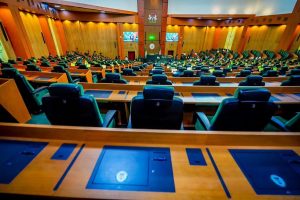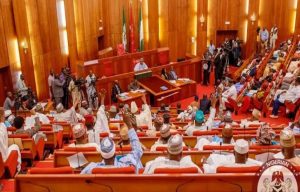Traoré’s rise reflects a broader trend in West Africa
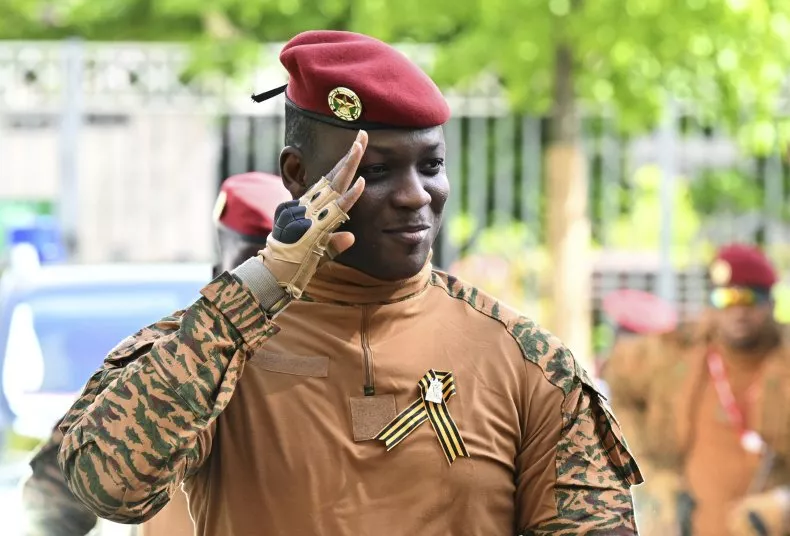
Traoré's rise reflects a broader trend in West Africa
Ibrahim Traoré at the age of 34 seized global attention by toppling Burkina Faso’s junta—the second coup in a year—vowing to reclaim sovereignty and reject colonial influence. Days later, he was sworn in as president, becoming Africa’s youngest leader. His rise owes as much to military action as to a viral online presence, with AI tributes and fiery speeches casting him as a pan-African icon.
In a region plagued by foreign interference and democratic decline, Traoré’s message resonates with disillusioned youth. Despite mounting violence and authoritarianism, many view him as a bold challenger to Western dominance they blame for their hardships.
Why It Matters
Traoré’s rise reflects a broader trend in West Africa, where military coups have become more frequent amid widespread dissatisfaction with democratic governance and foreign influence. His emphasis on economic self-reliance and pan-African unity resonates with many who feel marginalized by global power structures. However, his authoritarian tendencies raise concerns about the future of democracy and human rights in the region.
Ties to Russia
Traoré has also redirected Burkina Faso’s foreign policy. In 2023, French troops were expelled, ending Operation Sabre and signaling a break from France’s longstanding military presence. The reopening of Russia’s embassy and the formation of the Alliance of Sahel States alongside Mali and Niger highlight a strategic pivot toward Moscow. In May, Traoré traveled to Moscow to take part in the 80th anniversary Victory Day celebrations, meeting Russian President Vladimir Putin and underscoring the deepening ties between the two countries.

Social Media Star
Traoré’s leadership has also been marked by a growing cult of personality, amplified by social media and AI-generated tributes. This digital amplification fuels a narrative that positions Traoré as a symbol of resistance against neocolonial influence, resonating especially with younger Africans. His image is spread widely through viral videos, memes, and carefully crafted content that elevate him beyond Burkina Faso’s borders.
One example occurred in early 2024, when a deepfake video circulated on platforms like TikTok and WhatsApp, showing Traoré delivering a rousing speech in multiple languages, calling for African unity and independence. Though the video was AI-generated and not authentic, it went viral among youth across West Africa, sparking both admiration and debate.
![]()

